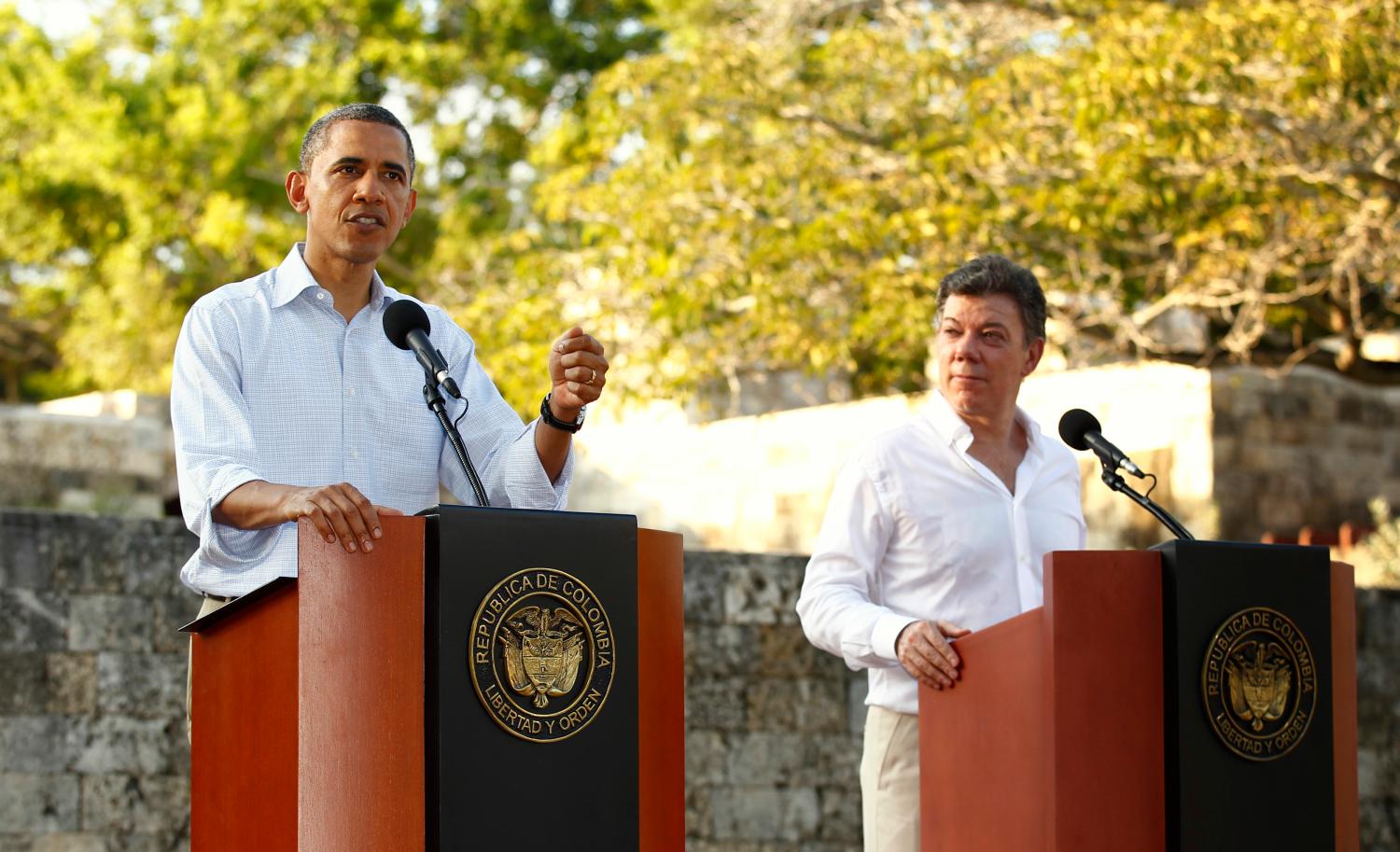Campaigns consume presidents. They raise funds, hire staff, hold rallies, and give speeches all to advance their electoral goals. However, they also use their official powers to do the same. The electorally-strategic exercise of executive power is not a strictly American syndrome, but is also true throughout the world, write Brian Faughnan and John Hudak. Because electoral success matters for the political survival of the world’s executives, their actions reflect these interests and the rules governing elections. Faughnan and Hudak note that presidents rely heavily on direct actions, directives unchecked by other elected branches, to target policy benefits to critical constituencies. Such strategies have substantial consequences for public policy and affect the daily lives of citizens.
In this paper, Faughnan and Hudak examine presidential behavior in the United States and Colombia. They illustrate how presidents in both countries employ an electoral strategy when using direct actions. This strategy ensures presidents have nearly total control over the character of public policy and can select precisely which constituents will benefit. Although the motivation for such behavior is consistent across nations, the precise strategies vary by electoral system. Executives seek to satisfy, key constituencies, and a nation’s electoral rules determine the identity of those constituencies. Juan Manuel Santos thinks not about residents of Risaralda or Nariño or Bolívar, but about Colombians. President Obama cannot focus broadly on Americans, but rather must think about Ohioans, Virginians and Floridians.
Presidents are always considered unique players in their respective political systems, and often notably distinct actors across democracies. However, executives throughout the world are motivated by similar needs and interests that lead them to exercise official powers in predictable ways. Understanding similarities in the uses of executive power is essential to determining the causes and consequences of public policy. In the context of electoral motivations, presidents discriminate when delivering public policy to constituents. To know who gets what, where, and when, Faughnan and Hudak argue what matters are the incentives that presidential elections create.
Hudak and Faughnan offer important observations about presidential behavior and its impact on public policy:
- The same electoral forces motivate presidents in the U.S. and Colombia. Despite a tendency to distinguish the American president from his counterparts abroad, he, like them, is an election-driven actor.
- Executives use official powers to target constituencies that are critical in elections.
- Differences in the Electoral College in the U.S. and the two-round national vote in Colombia do not affect the motivation for executive action, but instead influences who benefits from such actions.
- Electorally-strategic executive action can moderate policy and induce presidents to be highly responsive to citizen needs.
- Electoral rules drive the U.S. president to target policy to small subsets of the population—swing states. Alternatively, Colombia’s rules actually motivate the president to deliver policy to a broad portion of the electorate.
- Despite the attention paid to each nation’s presidential elections, we know little about how they influence domestic policy throughout the world. More work must seek to connect electoral motives to policy decisions.




